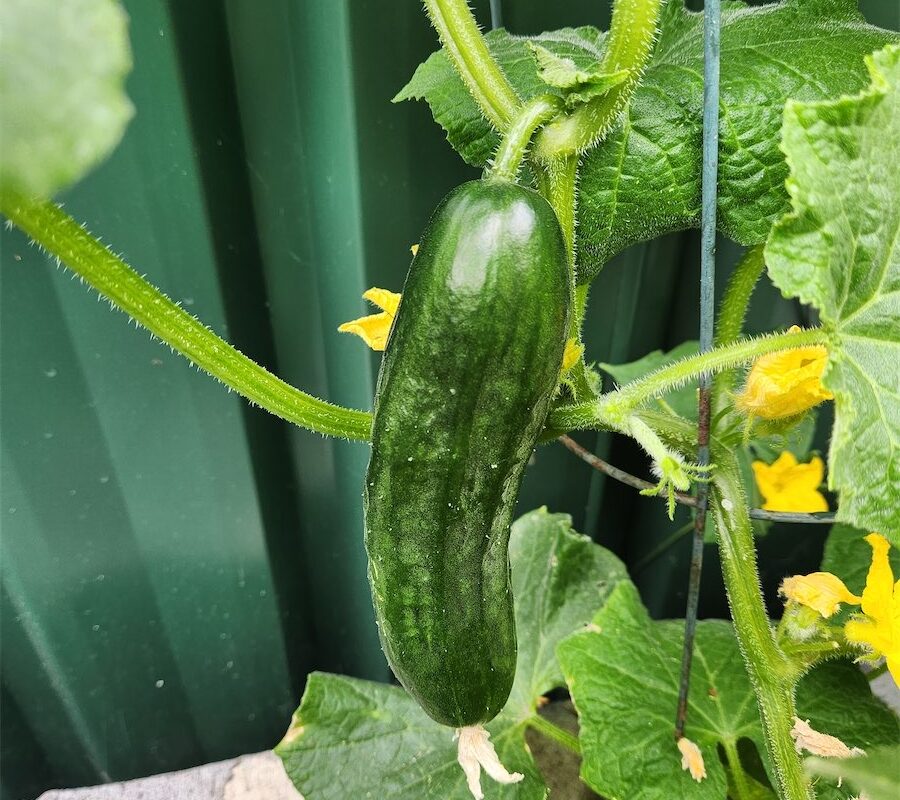
“The result of unplanned or mindless eating occasions is that we can easily over consume energy from snack foods and overindulge on foods that are high in salt, sugar and fat,” writes dietitian CLARE WOLSKI.
WHAT’S the right way to eat? Six small meals a day or three and avoid snacking? Some people even fast through the day and only have one meal.

So, should we be snacking or should we be avoiding snacks at all costs?
The answer for this and many nutrition questions is: “It depends”.
Whether trying to eat well for general health or trying to achieve a particular body composition goal, managing appetite is a key challenge. Snacks are one tool to manage appetite.
For instance, in trying to gain muscle mass people need to ensure they get enough energy and protein. If finding it hard to have large meals to meet those needs, eating something small in between meals can help reach nutrient goals.
Alternatively, anyone trying to lose weight may need to manage portions with meals.
The tricky thing about snacking is that it can be more ad hoc outside the routine of breakfast and planned lunches and dinners.
The result of these unplanned or mindless eating occasions is that we can easily over consume energy from snack foods and overindulge on foods that are high in salt, sugar and fat.
For this reason, many people choose to avoid snacking so they don’t have to think about what and how much to have. There is nothing wrong with going without snacks and unless you have an underlying health condition, the body is more than capable of going several hours without eating.
Anyone who finds it hard to control their appetite without a snack, it’s perfectly okay to eat between meals.
To avoid the drawbacks of snacks, build snacks out of wholefoods. This not only ensures that a snack has valuable nutrients, but wholefoods tend to be lower in energy density and more filling.
Try these:
- A punnet of strawberries and a row of dark chocolate
- Cherry tomatoes with basil pesto dip
- A small salad of watermelon, feta cheese and mint
- High fibre granola and yoghurt
- Rice cakes with ricotta and blueberries
Many of these wholefood snacks require some planning and preparation. By waiting to feel REALLY hungry, you’re far less likely to take the time to make a wholefood snack. That’s why planning and preparing a snack that includes wholefood (and is something to look forward to and enjoy) is essential to good snacking habits.
Clare Wolski is a dietitian at The Healthy Eating Clinic.
Who can be trusted?
In a world of spin and confusion, there’s never been a more important time to support independent journalism in Canberra.
If you trust our work online and want to enforce the power of independent voices, I invite you to make a small contribution.
Every dollar of support is invested back into our journalism to help keep citynews.com.au strong and free.
Thank you,
Ian Meikle, editor





Leave a Reply